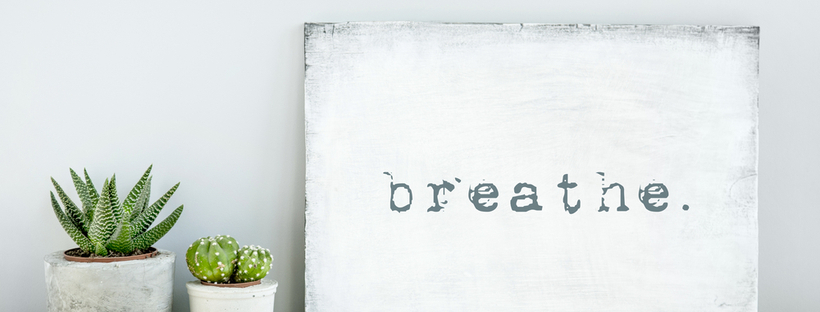Breathing Exercises for Anxiety & Stress
The Nystrom & Associates provider consulted for this article is Dr. Karin Ryan, PsyD, LP, Clinic Director, Outpatient Therapist.
Deep breathing has a major impact on our mental health and well-being. While we breathe throughout the day, most of the time, we are taking shallow breaths. However, when we incorporate deep breathing into our day, we can work to manage anxiety and stress. Breathing exercises can help us to take full breaths and easily visualize our breaths at the same time.
Watch Dr. Karin Ryan, Clinic Director and Outpatient Therapist at Nystrom and Associates, as she discusses her favorite deep breathing exercises on Twin Cities Live. These exercises are great for children and adults.
Related: 4 Anxiety-Related Negative Thought Patterns
Nystrom & Associates on Twin Cities Live
Why Is Deep Breathing Important?
When we inhale, we take in oxygen that feeds our red blood cells. And when we exhale, we release carbon dioxide which is waste gas. Therefore, the more deeply we breathe, the better we create this "gas exchange" process. However, anxiety and stress can negatively impact this process. When we are anxious or stressed, we tend to breathe in shorter, more shallow breaths, which means taking in less oxygen and letting out less waste gas. Related: How Anxiety & Panic Attacks Can Feel in the BodyThe Benefits of Deep Breathing
Breathing deeply, on the other hand, provides many benefits for our physical and mental health. Effective deep breathing can help to:- Decrease stress
- Lower your heart rate
- Relieve pain
- Detoxify the body
- Lower blood pressure
- Improve digestion






